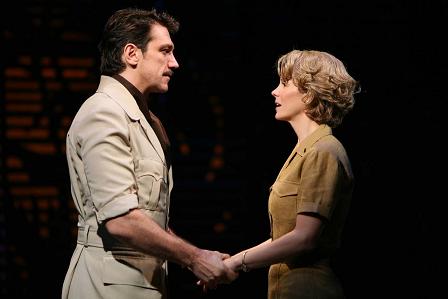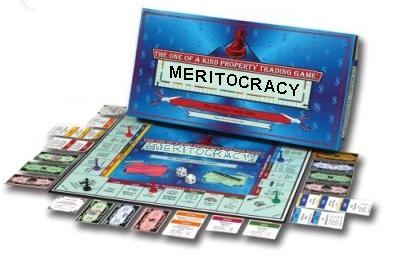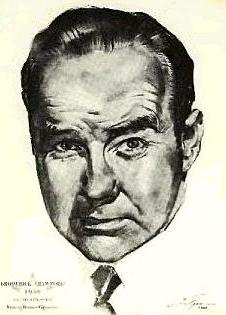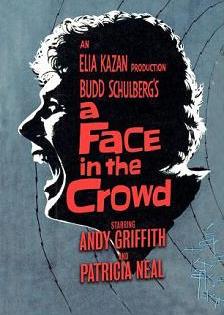This evening I went to McSorley’s Old Ale House (New York City’s oldest continuously operated saloon) with my friend Rachel. We went to escape the hot muggy weather that hung over the city like a thick blanket. McSorley’s is only about one short city block from the #6 train, which Rachel needed to take to get home. We got about a quarter of the way to the subway – literally a minute away from the subway entrance – when we encountered a weather event. It got very suddenly cooler, the sky lit up in a flash of lightning, followed by a loud clap of thunder, and although not a drop of water had fallen, something in the air had changed.
Without really thinking about what I was saying, I told Rachel that it was just about to rain very dramatically. She wanted to make a dash for the subway entrance, but I told her not to bother, since there was no way we were going to make it in time, for in about twenty seconds it was going to start to rain very hard, which would only be the beginning of something far more intense in the twenty seconds or so after that.
The way I described it – even as we dashed for the nearest shelter – was that a giant mass of water several thousand feet above our heads was falling fast; when it hit, all hell would break loose. I already knew that what we were about to experience was to rain as TNT is to a firecracker.
Sure enough, in the twenty seconds it took us to get ourselves over to the porch of Cooper Union, the heavens opened up, and a solid wall of water descended, inundating everything in its path, an powerful explosion of rainfall gone wild that was thick enough to obscure the view even across a city street,
From the safety of the porch we looked in awe at this oceanic deluge, and Rachel asked me how long it would last. I told her it would be all over in just about two minutes, and then we’d have a clear cool evening, and we’d be able to walk to the subway entrance without getting wet at all.
Sure enough, that’s precisely what transpired – down to the smallest detail.
What is fascinating to me about this is that I knew just what would happen from that first moment, well enough to narrate each step before the fact, even though such a weather event is extremely rare. Comparing notes afterward, we realized that it must be because I grew up in New York, whereas Rachel grew up in San Francisco. She said that she has similar moments of sensory clarity just before the fog rolls in. In situations like this you are utilizing skills you developed when you were seven years old, or even younger.
I didn’t have conscious access to all the things going on in my head in those few seconds, but I suspect that I was tapping into childhood memories of smell, air pressure, sound quality, light, and many other subtle sensory cues. I couldn’t tell you now what the moment before a flash thunderstorm smells like, but I certainly knew when I was smelling such a moment.
It’s so fascinating to get even such a small glimpse into the vast world of heavy mental lifting that our brains are doing all the time. We are so used to the illusion that our processing of the world is confined mainly to our conscious thoughts. How nice to be reminded that something far richer is always going on in our heads, just below the surface of our conscious awareness – subtle knowledge we possess about the world around us, that seems to come to us in a flash.




